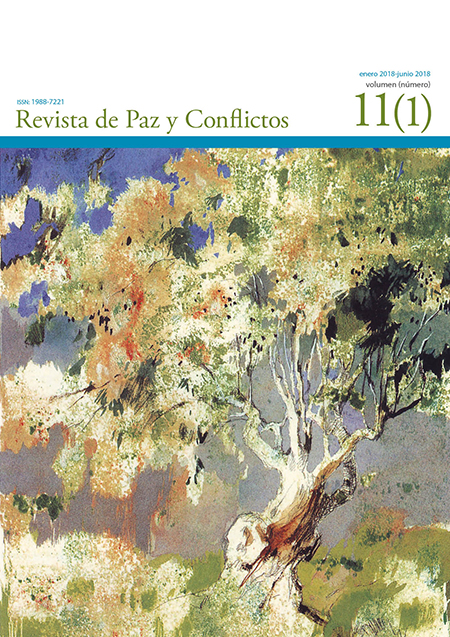Communication Strategies for the SocialLicense to Operate in conflict scenarios
Main Article Content
Abstract
The communicative dimension of the social licensing process of a copper project in Southern Peru is analyzed in a context of socio-environmental conflict. A case study is developed by interviewing 38 people among leaders, people in favor and against the project, local communicators and regional journalists and company officials. The communication strategy developed by the company and the response of the groups opposing the project were analyzed. The results show that the company’s passive reputation created conditions that structured conflict, but that did not address the communication strategy implemented. In addition, the company opted for a marketing strategy that achieves short-term impacts to generate support for the project and comply with legal administrative processes. However, the communication strategy does not incorporate a prevention and conflict transformation approach. Therefore, deteriorated relationships with the population have not improved and the existing polarization process has not been reversed, creating conditions for a new escalation.



